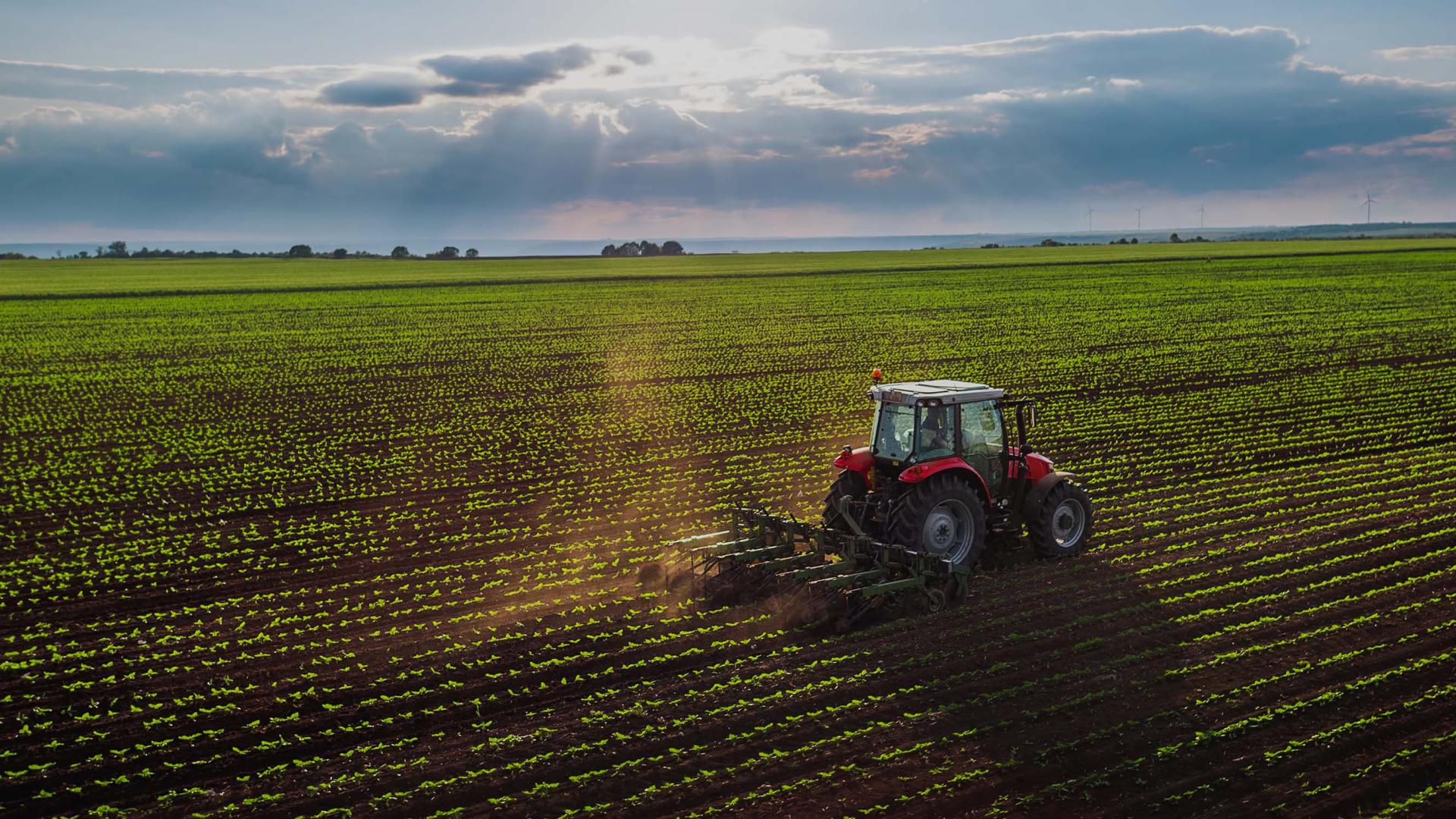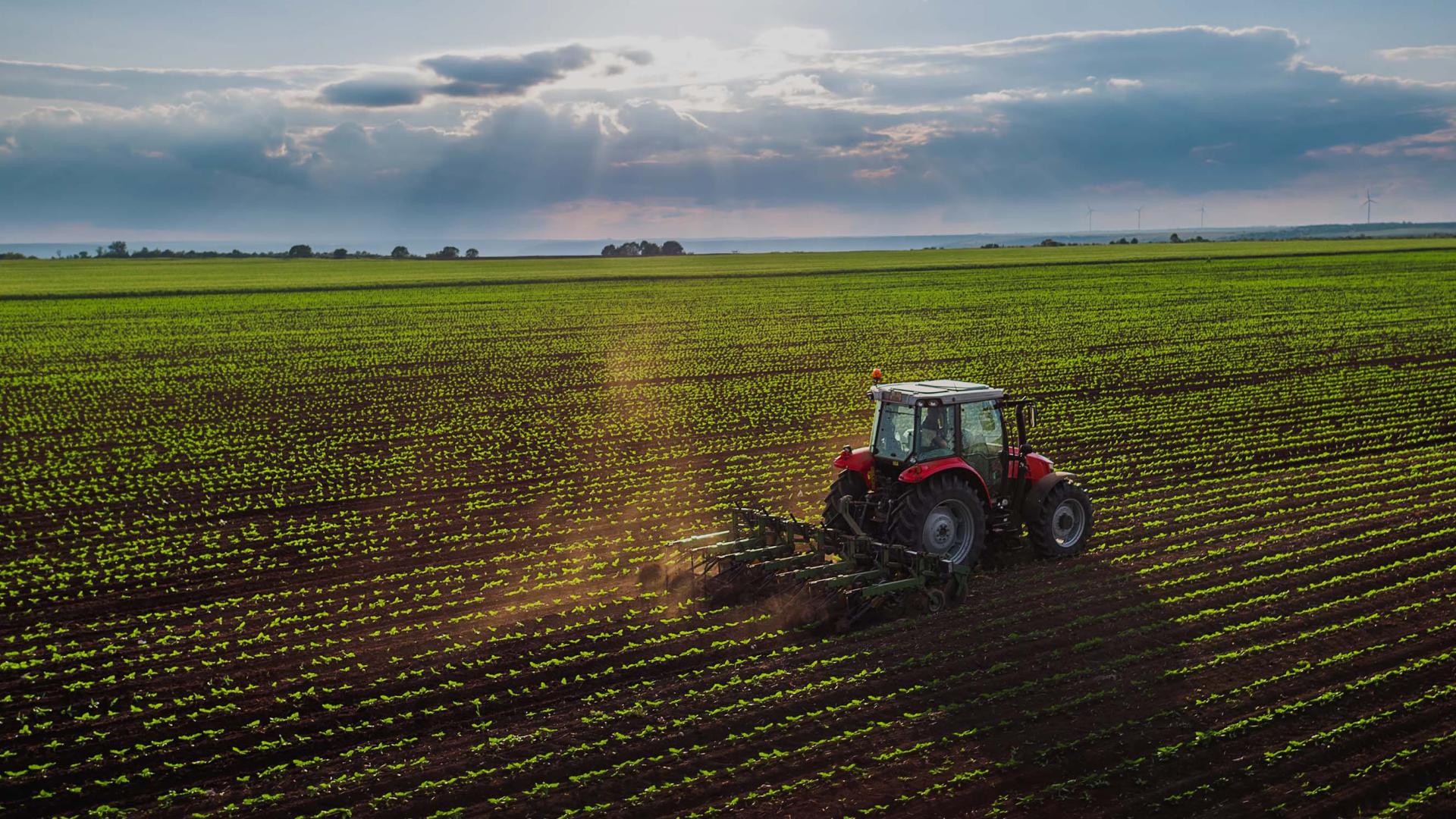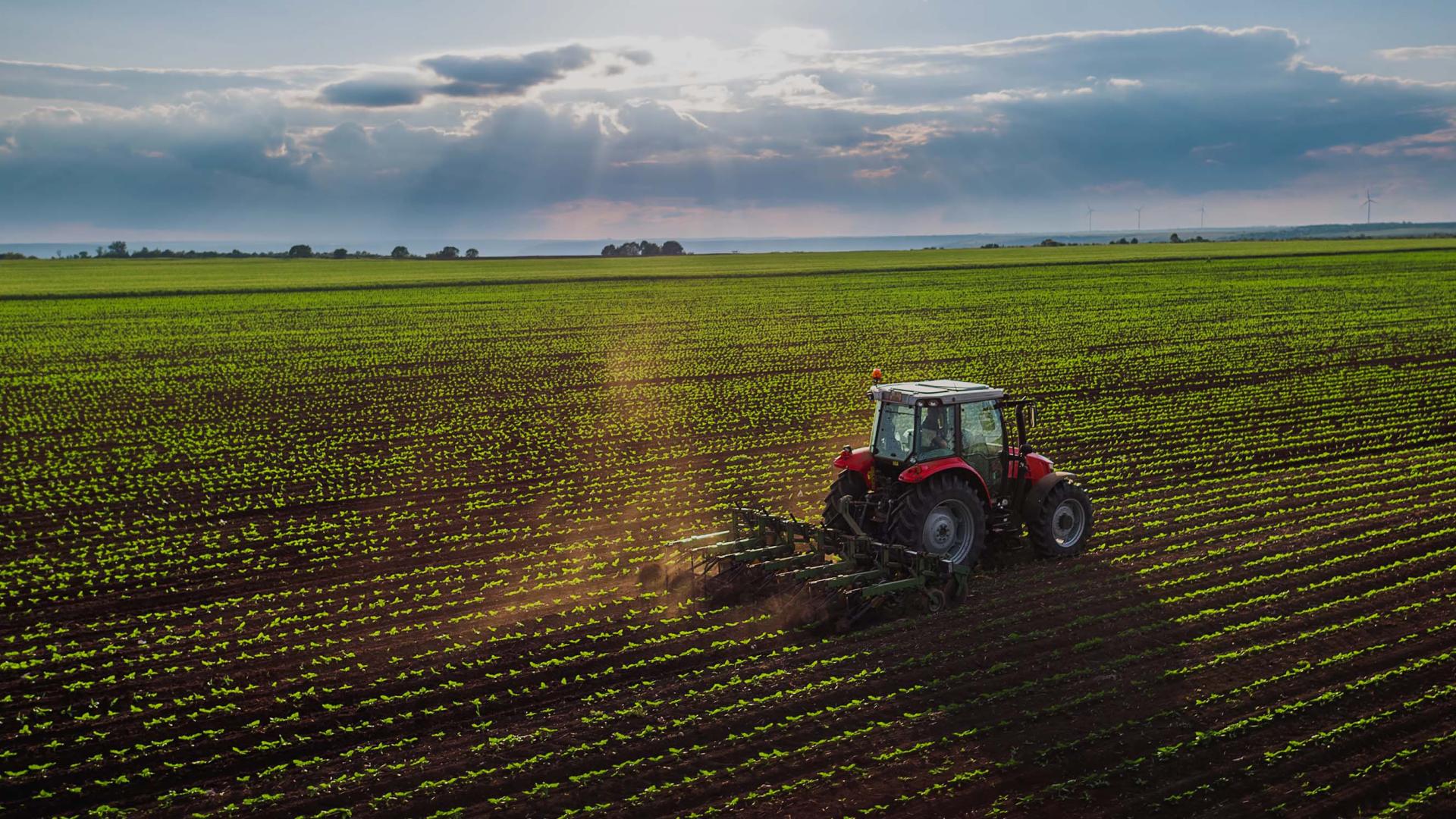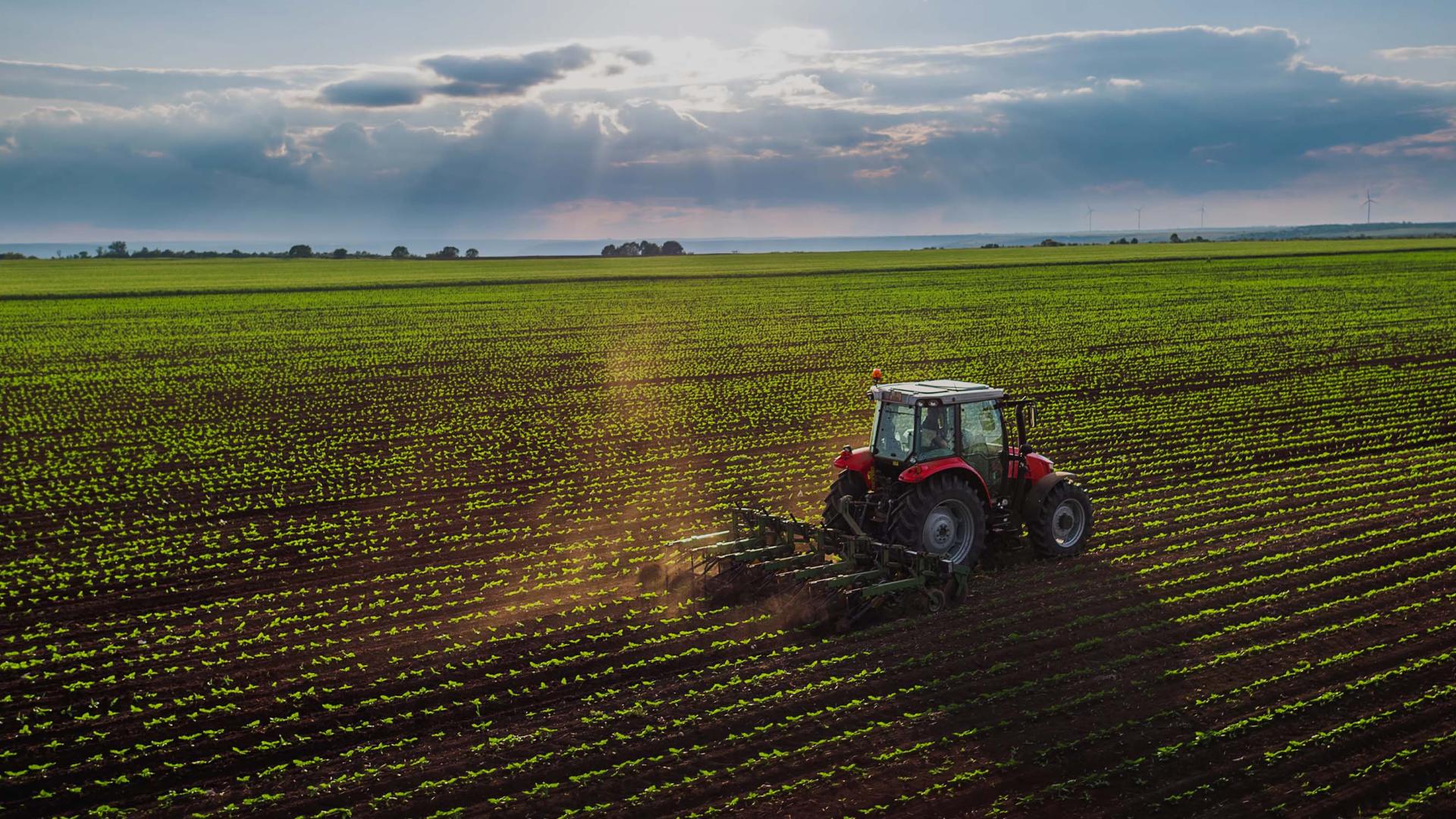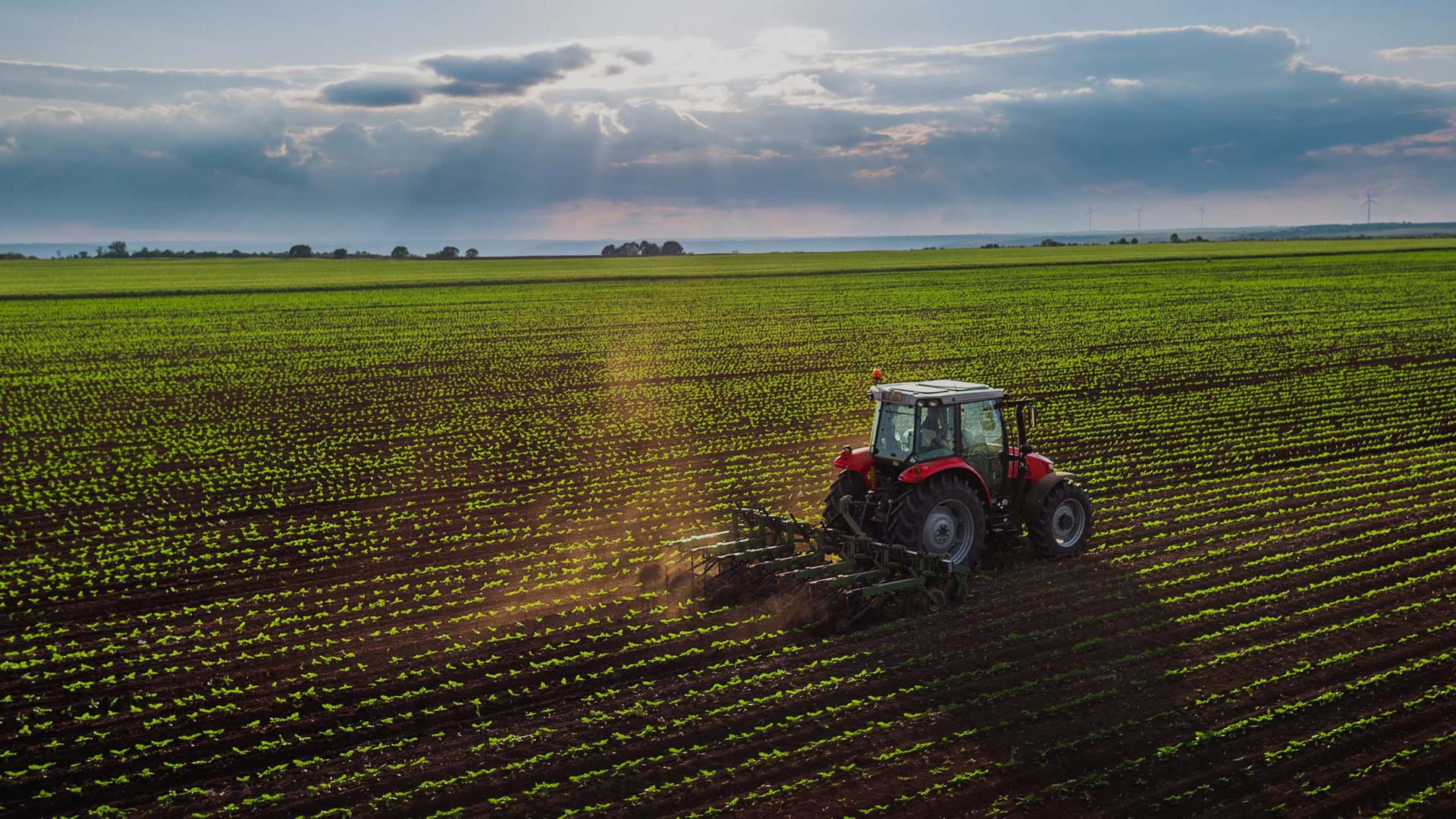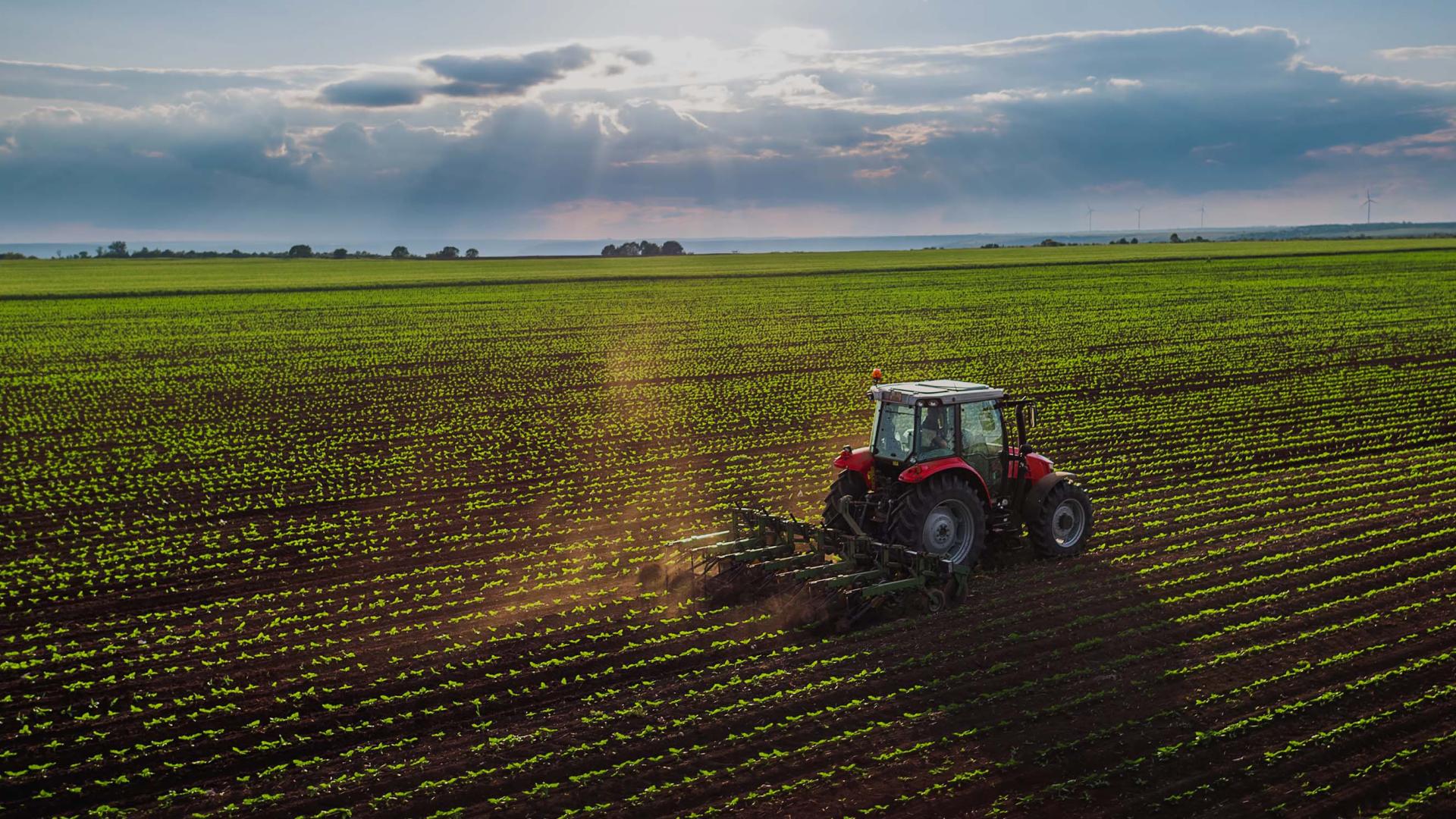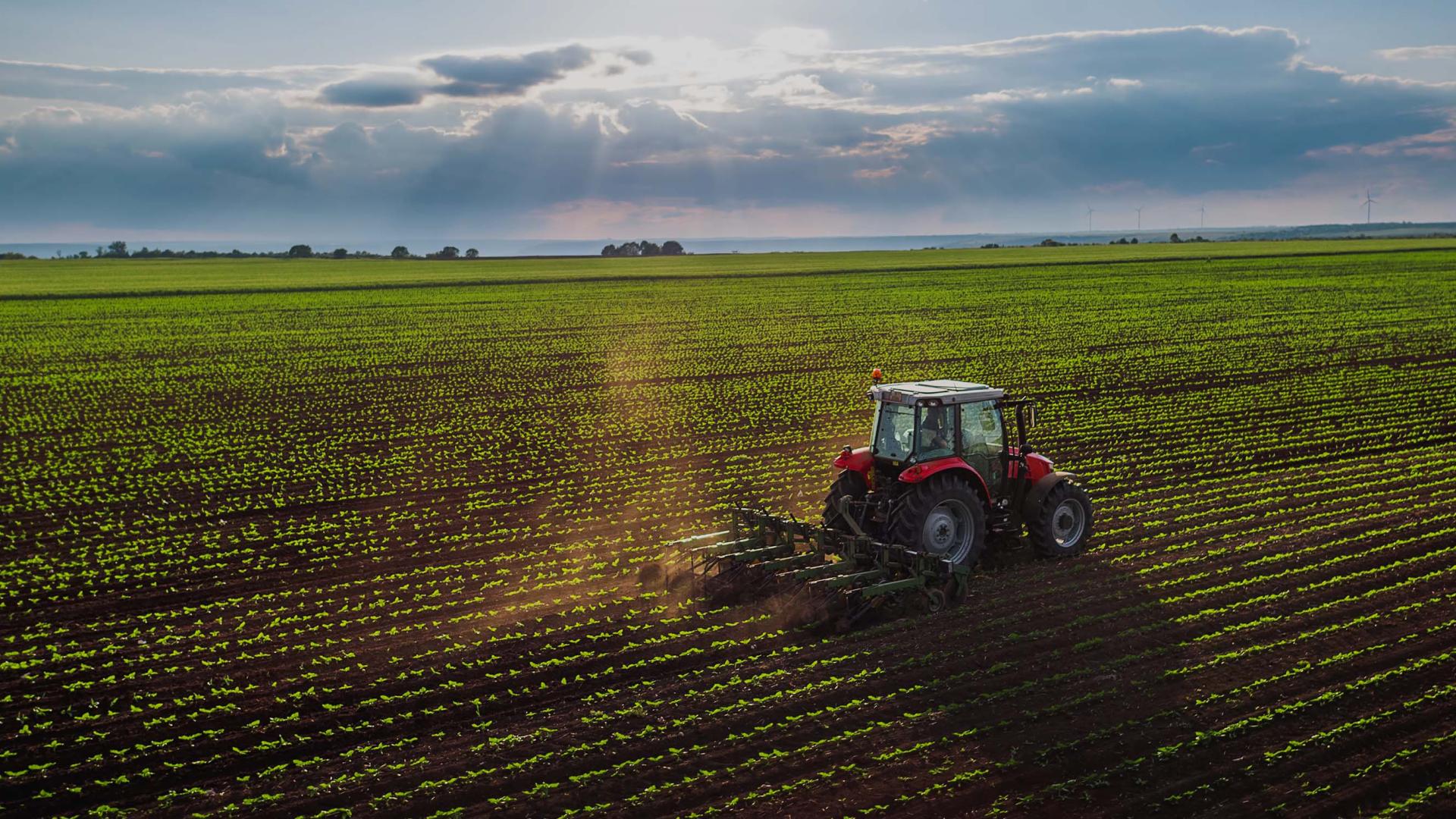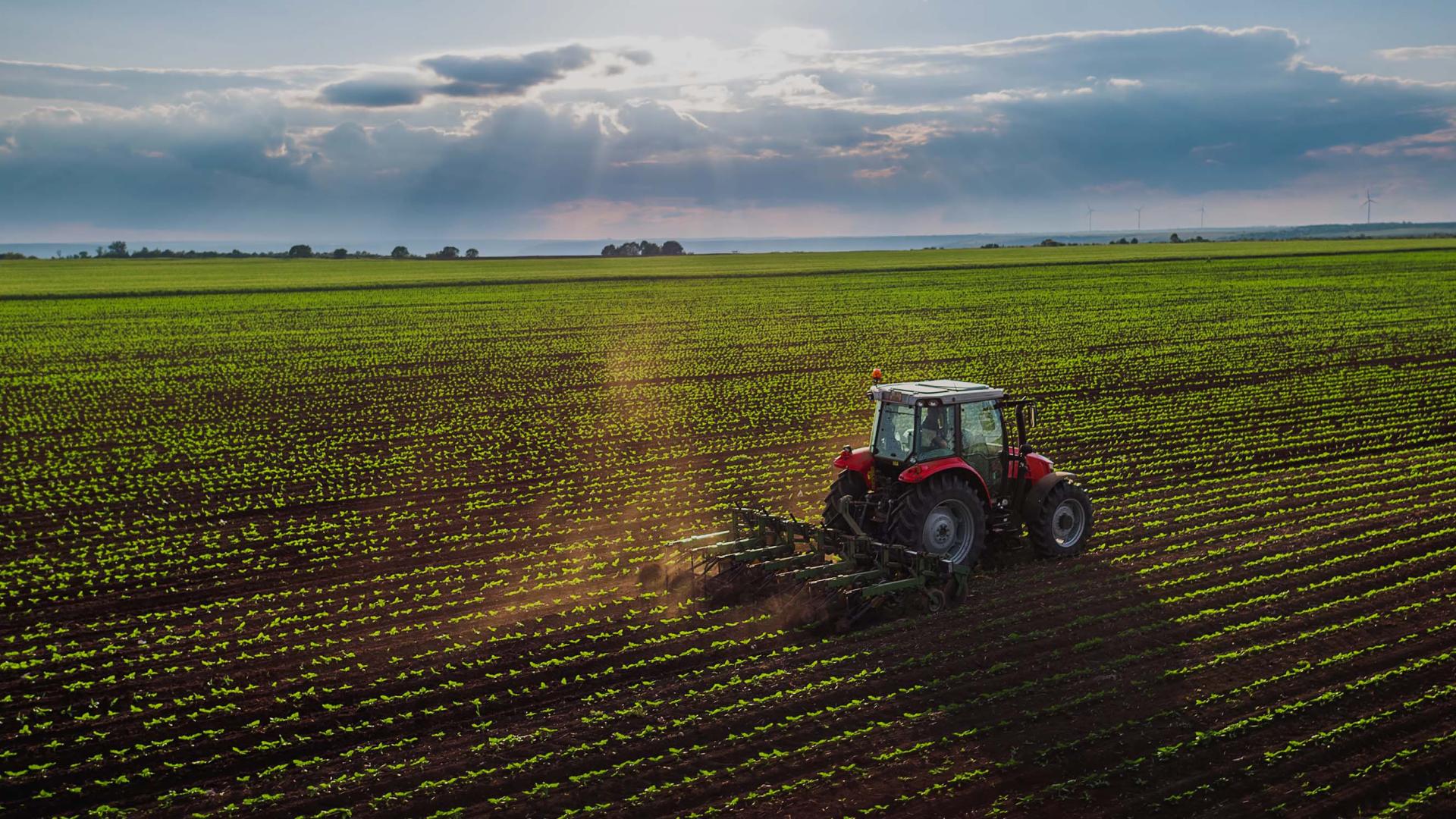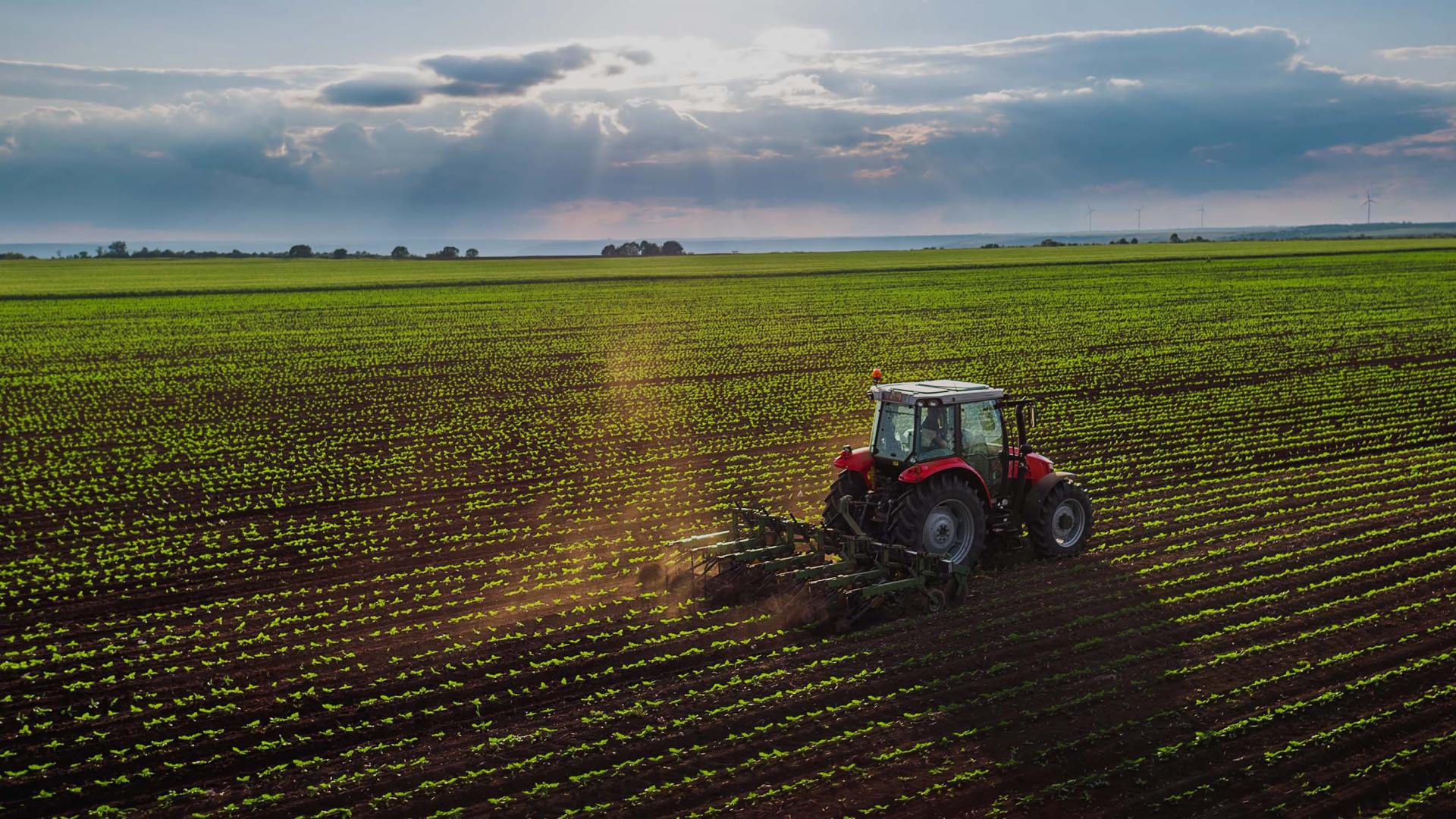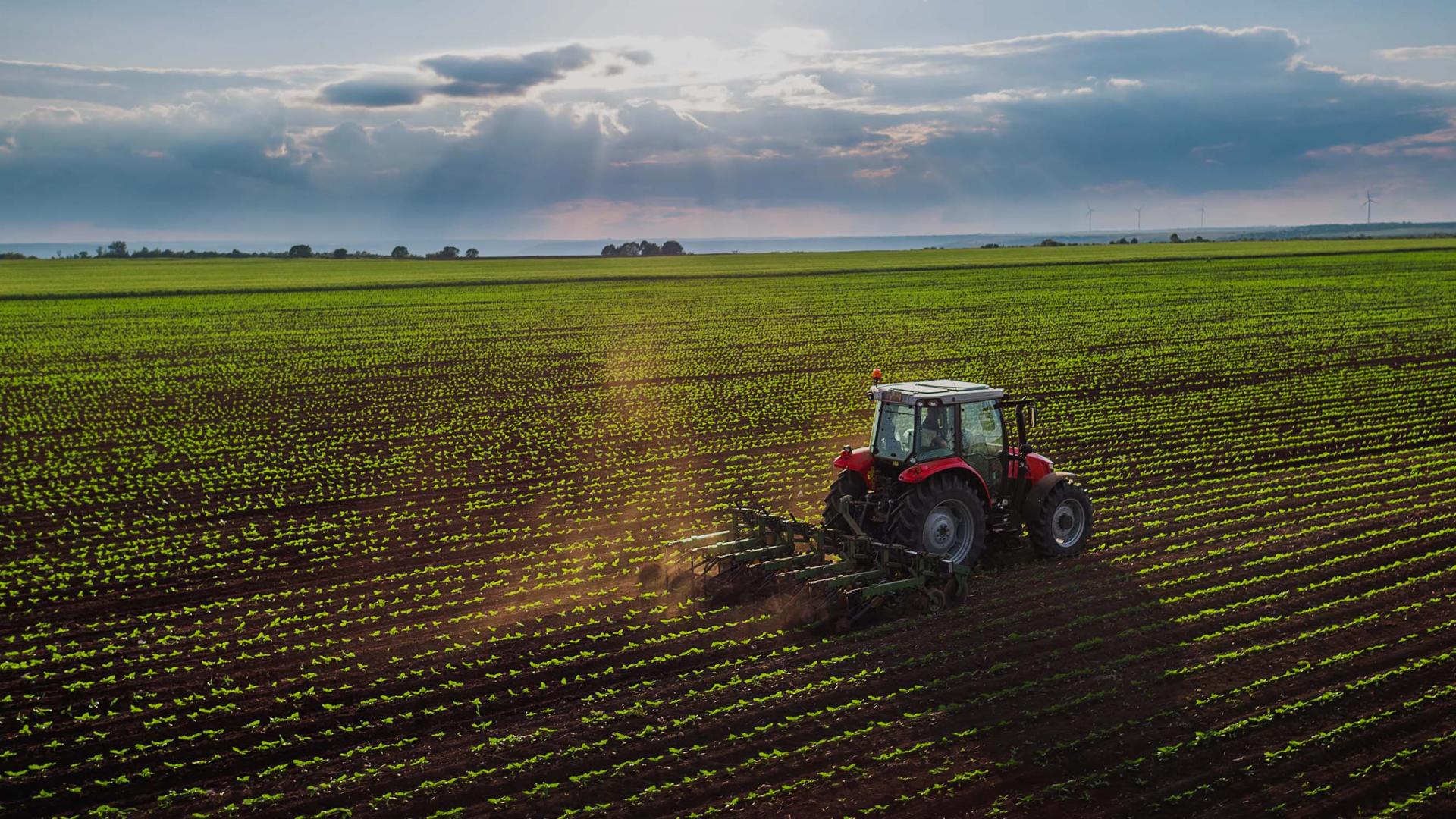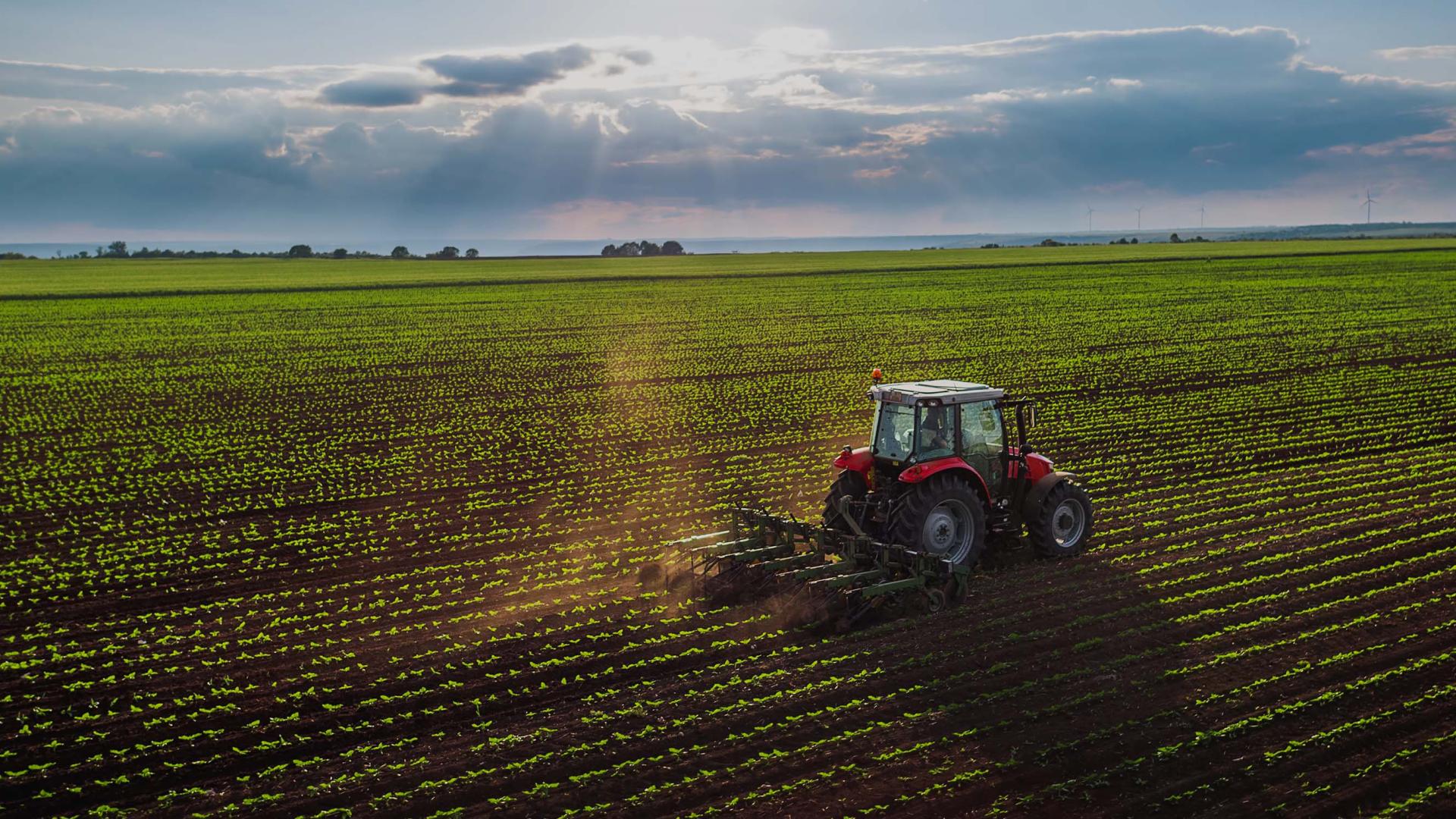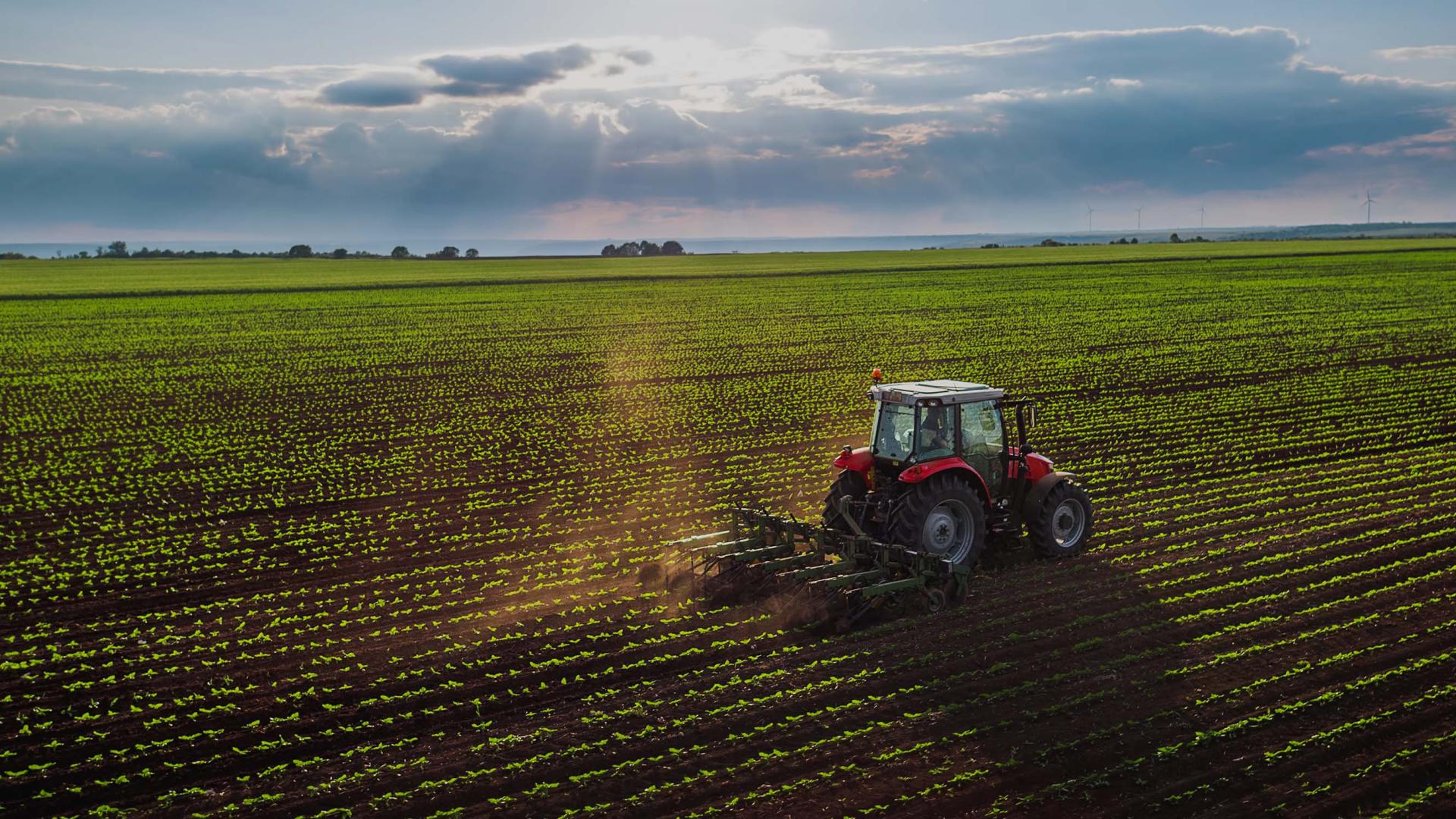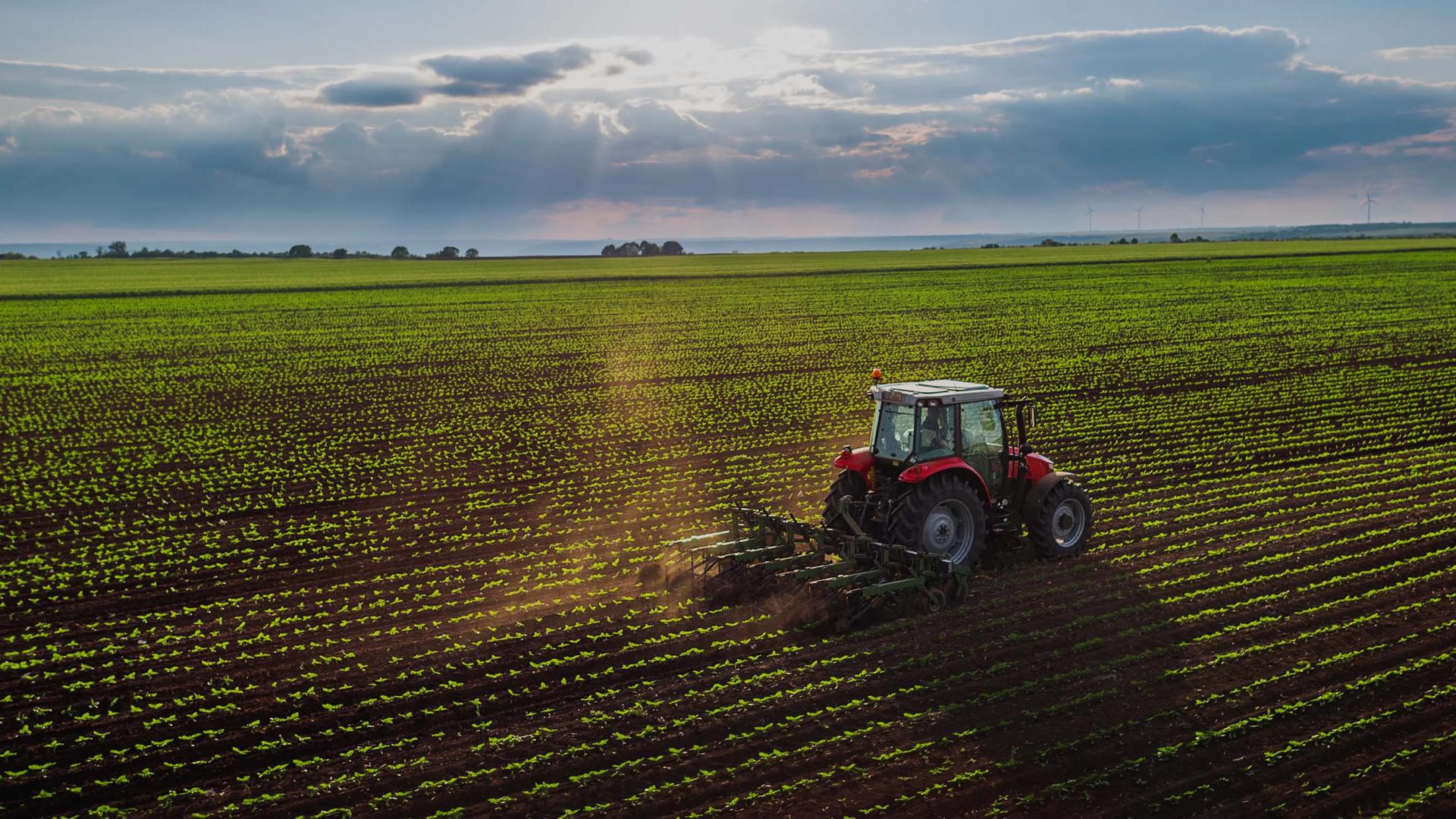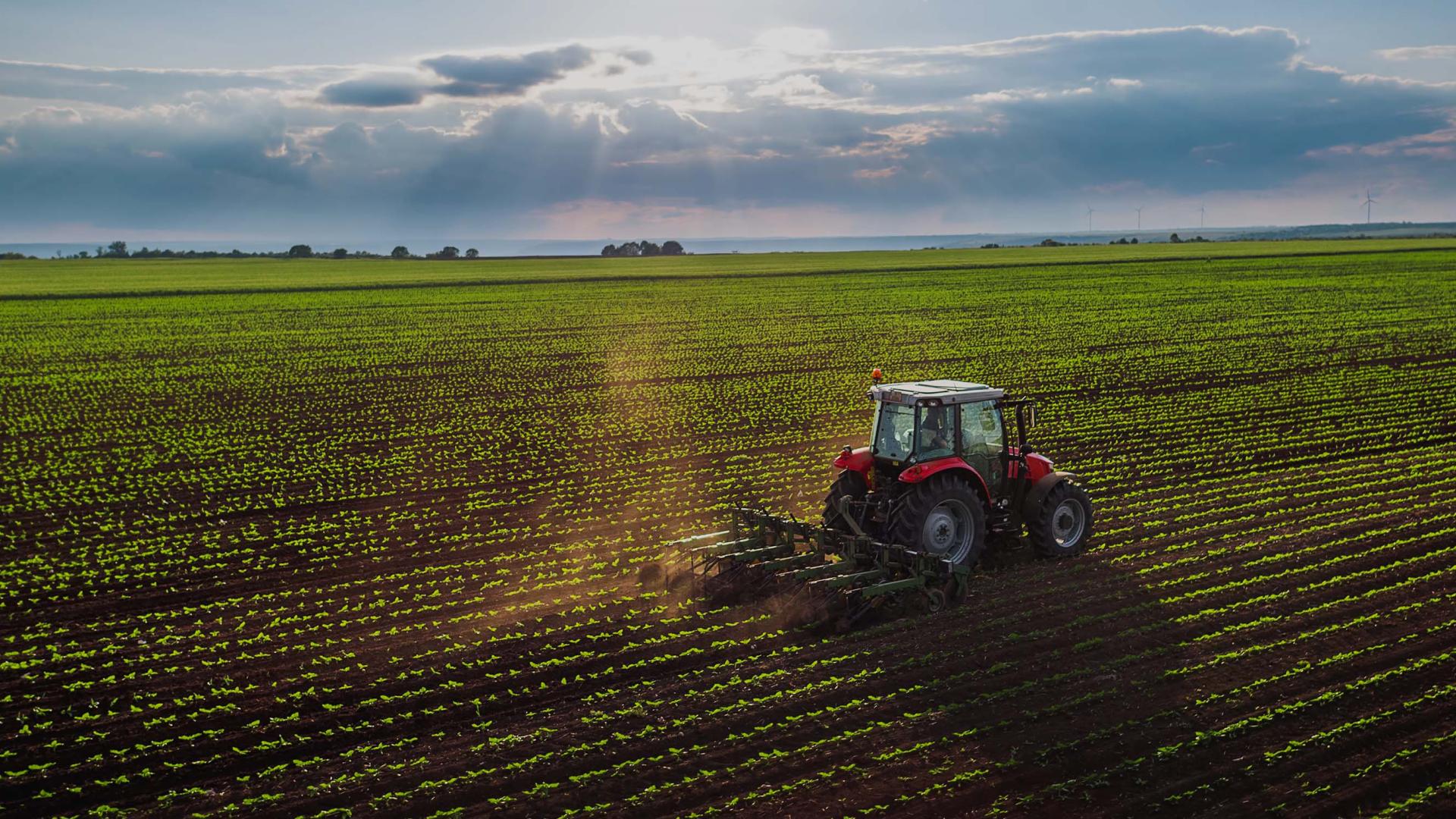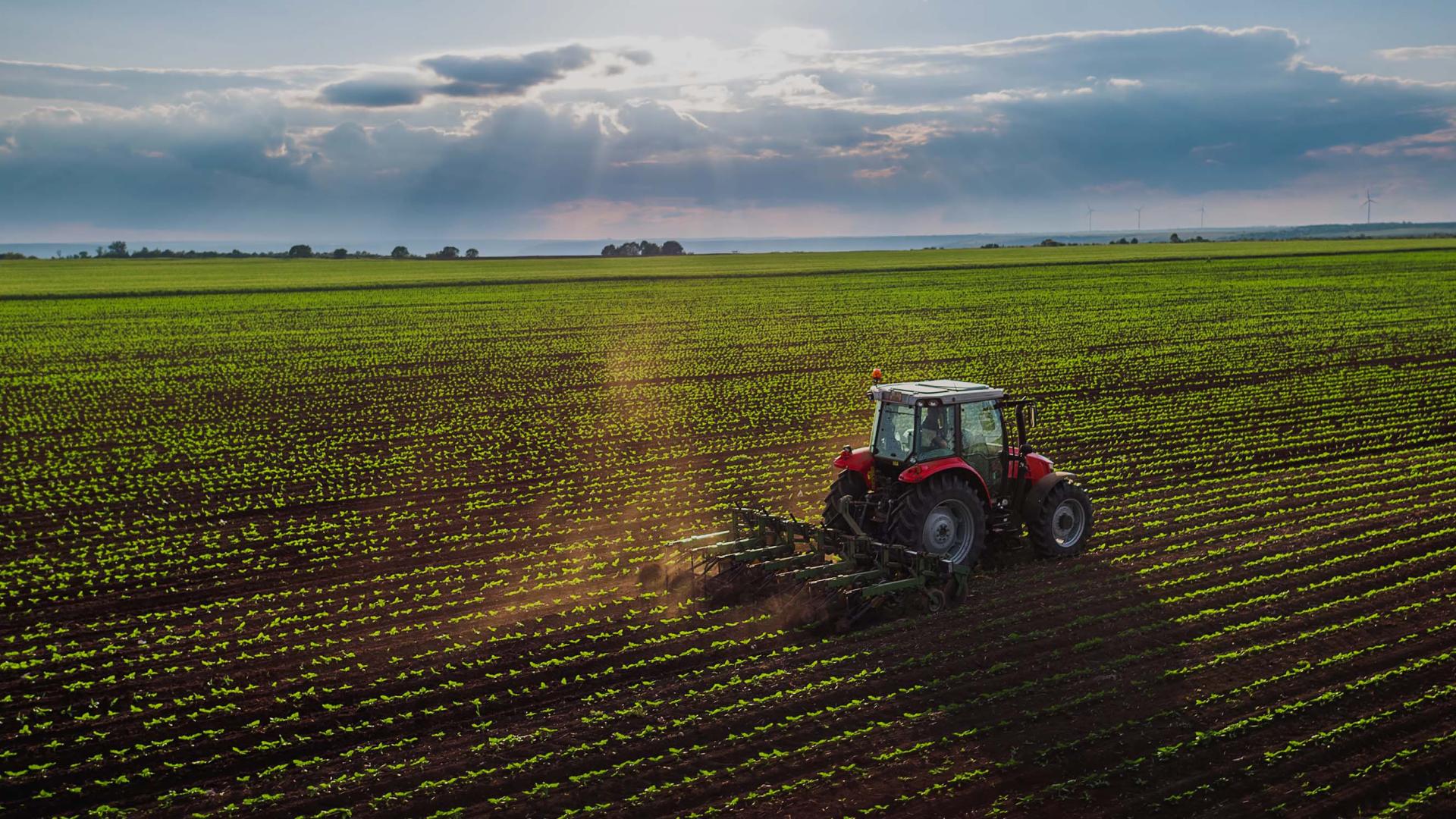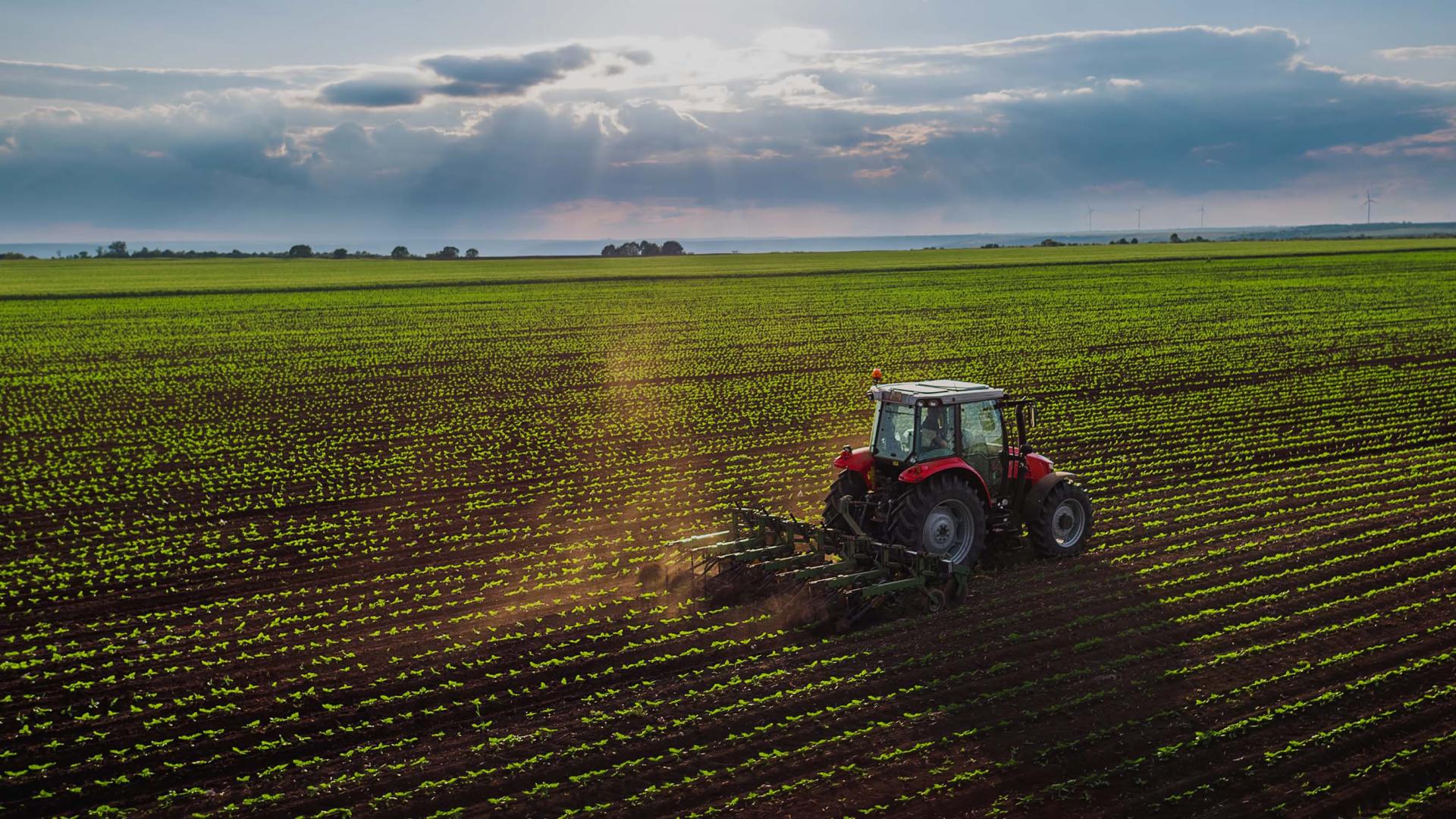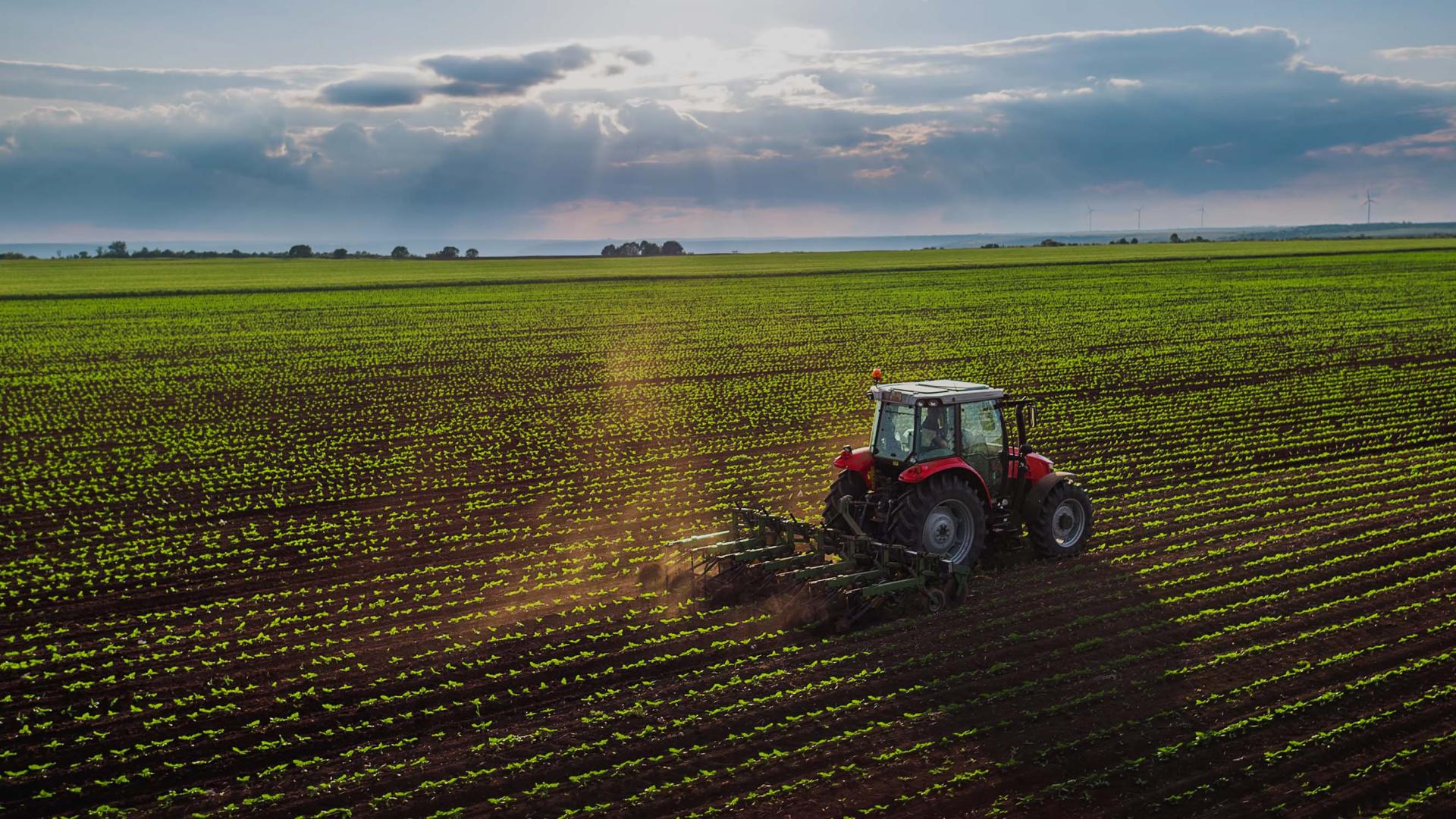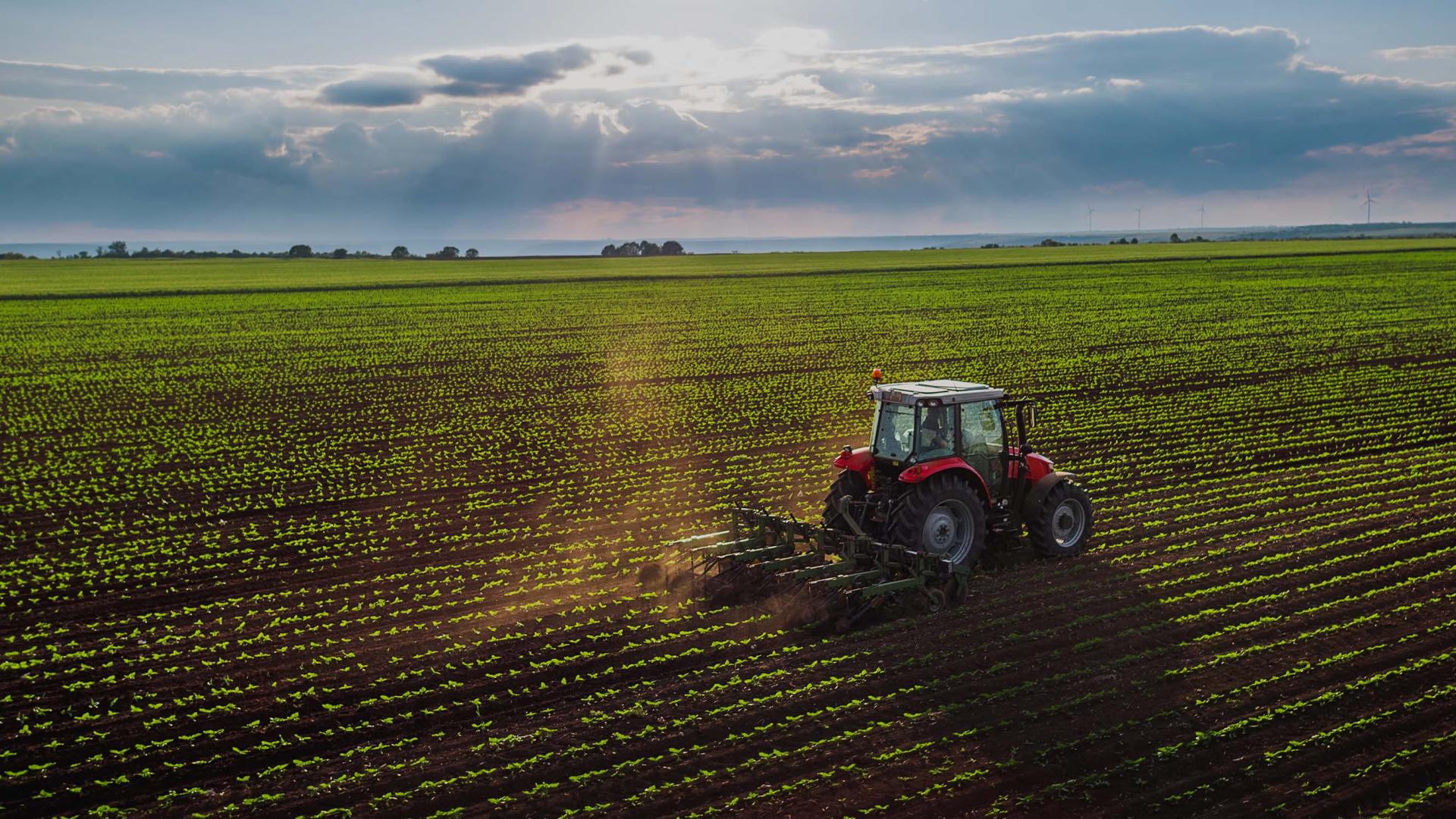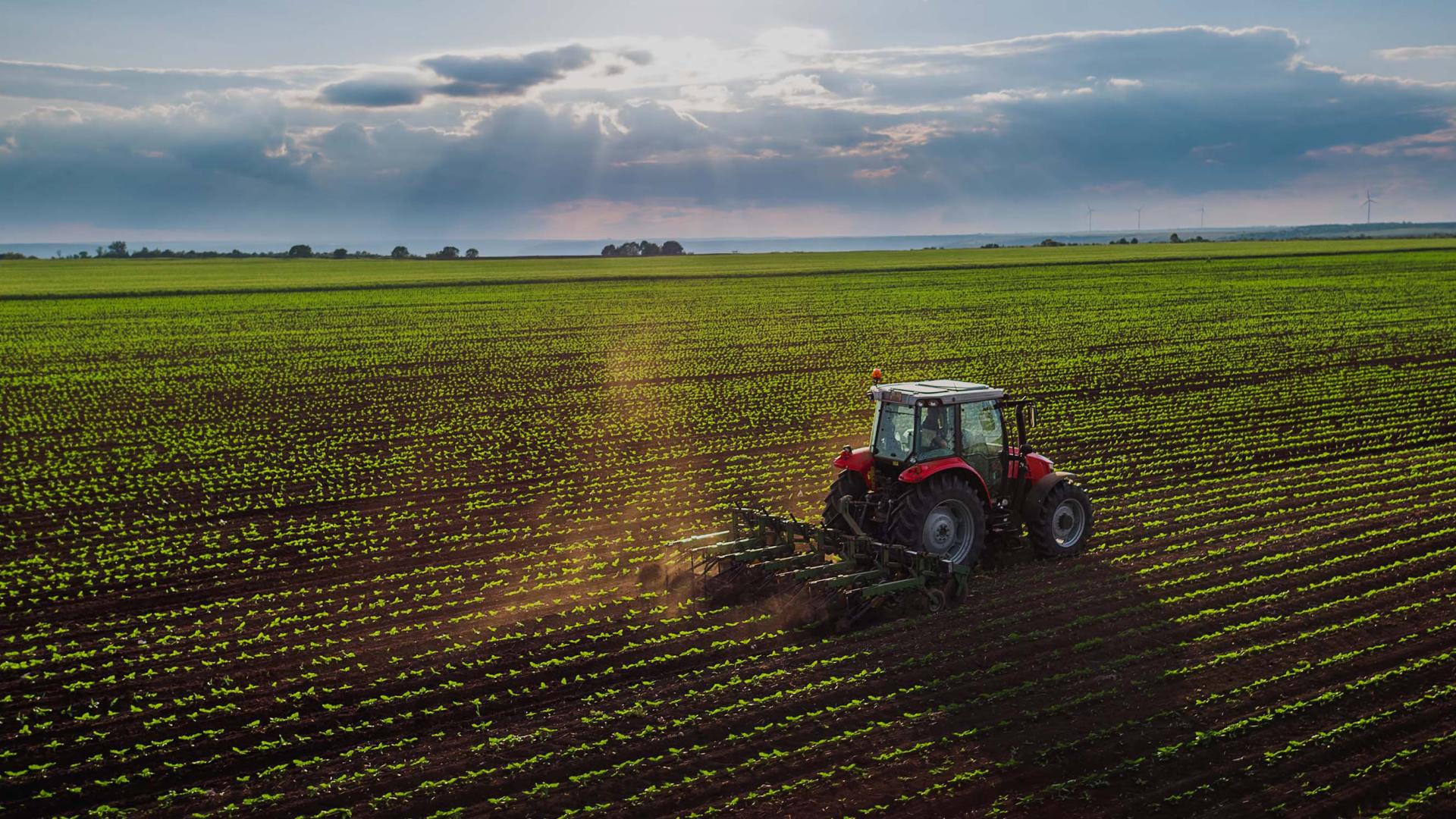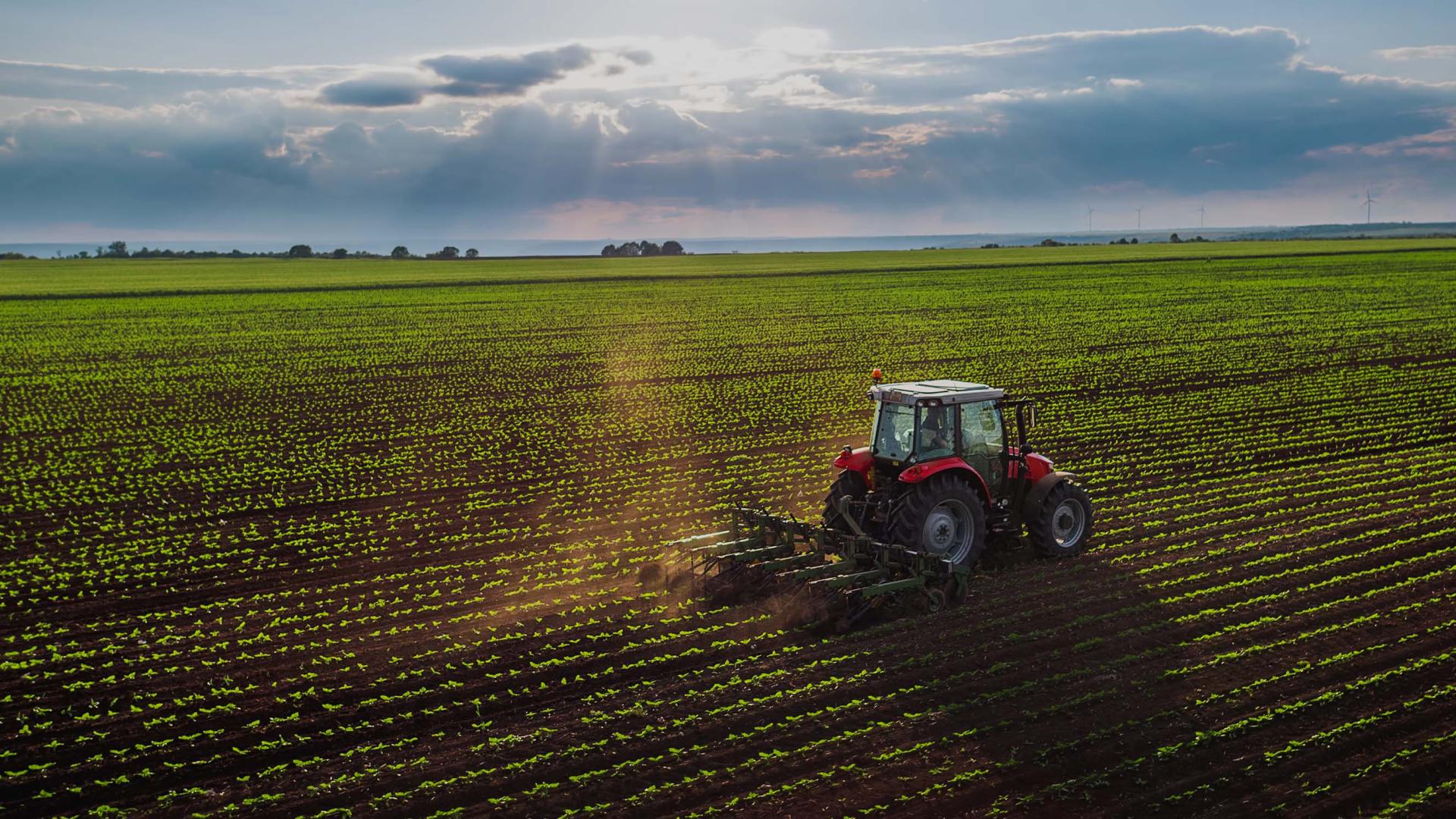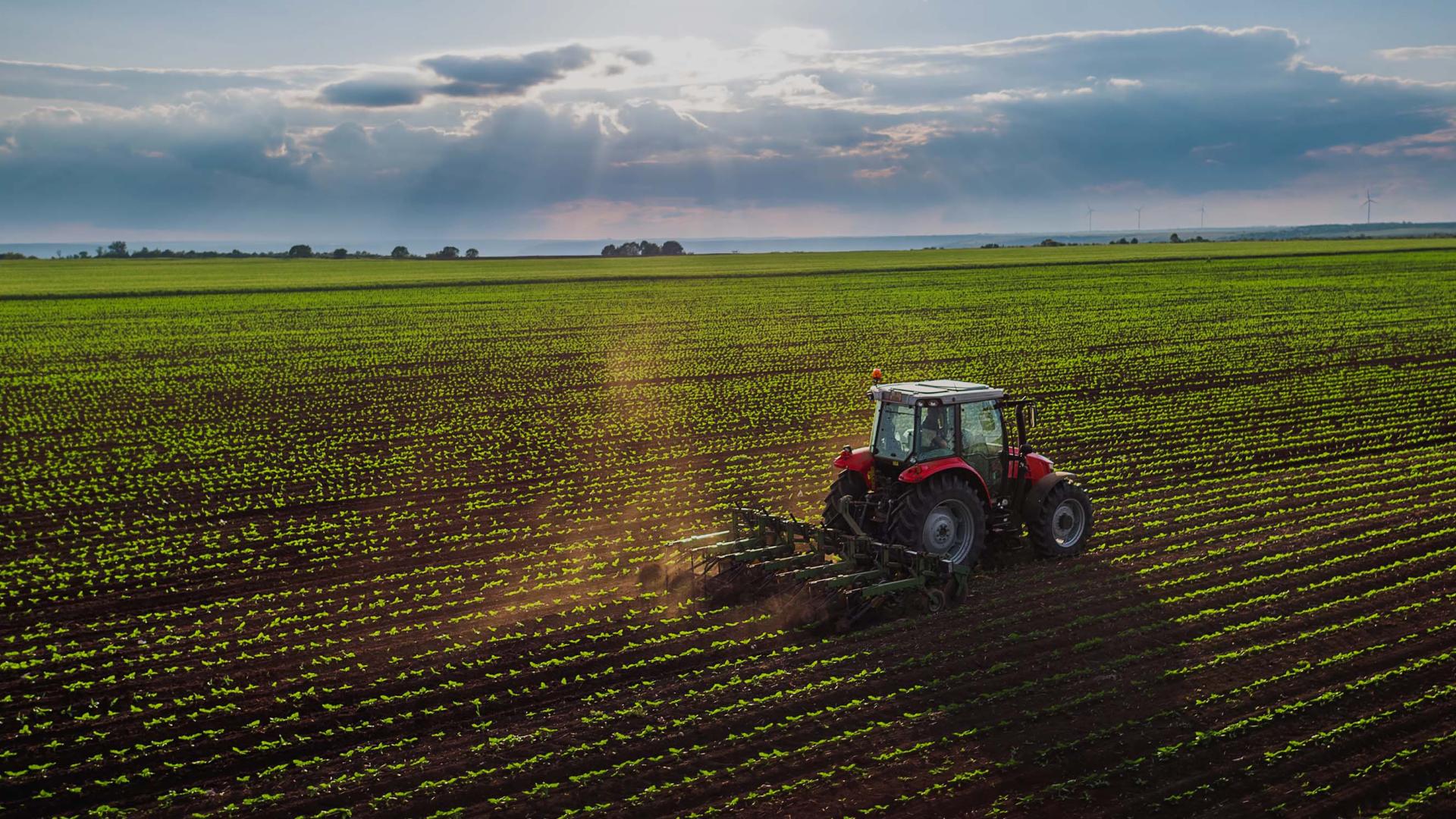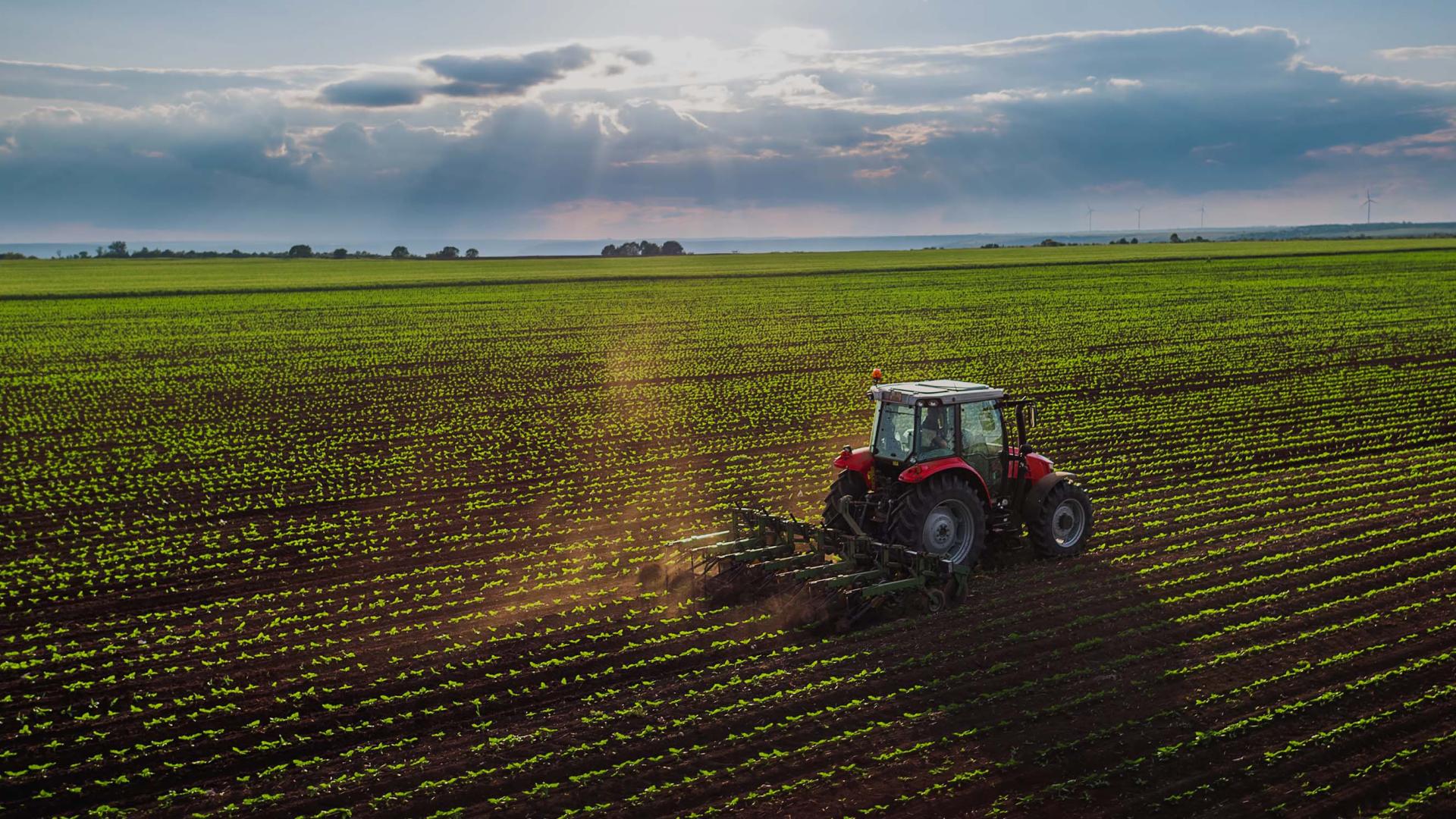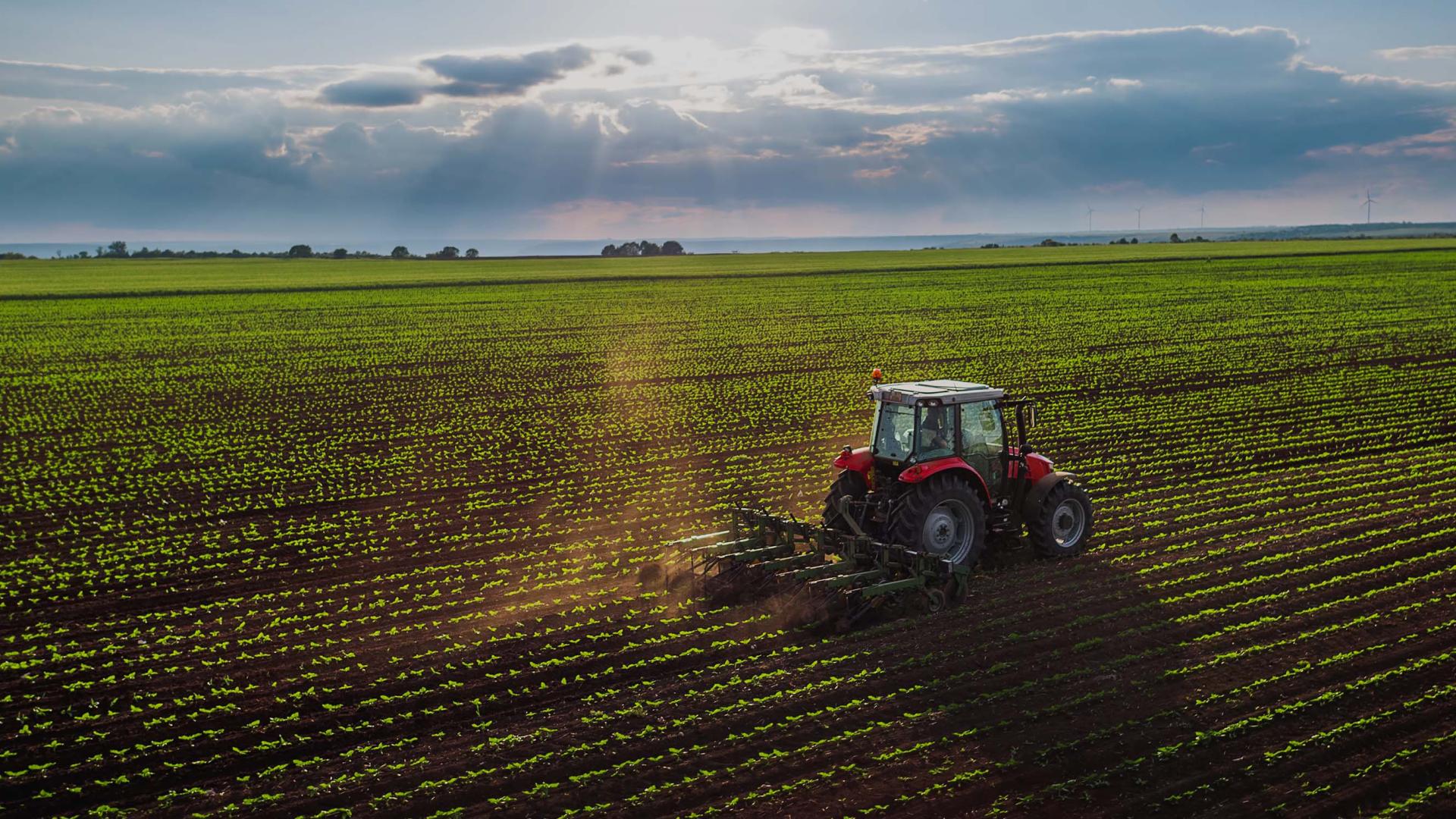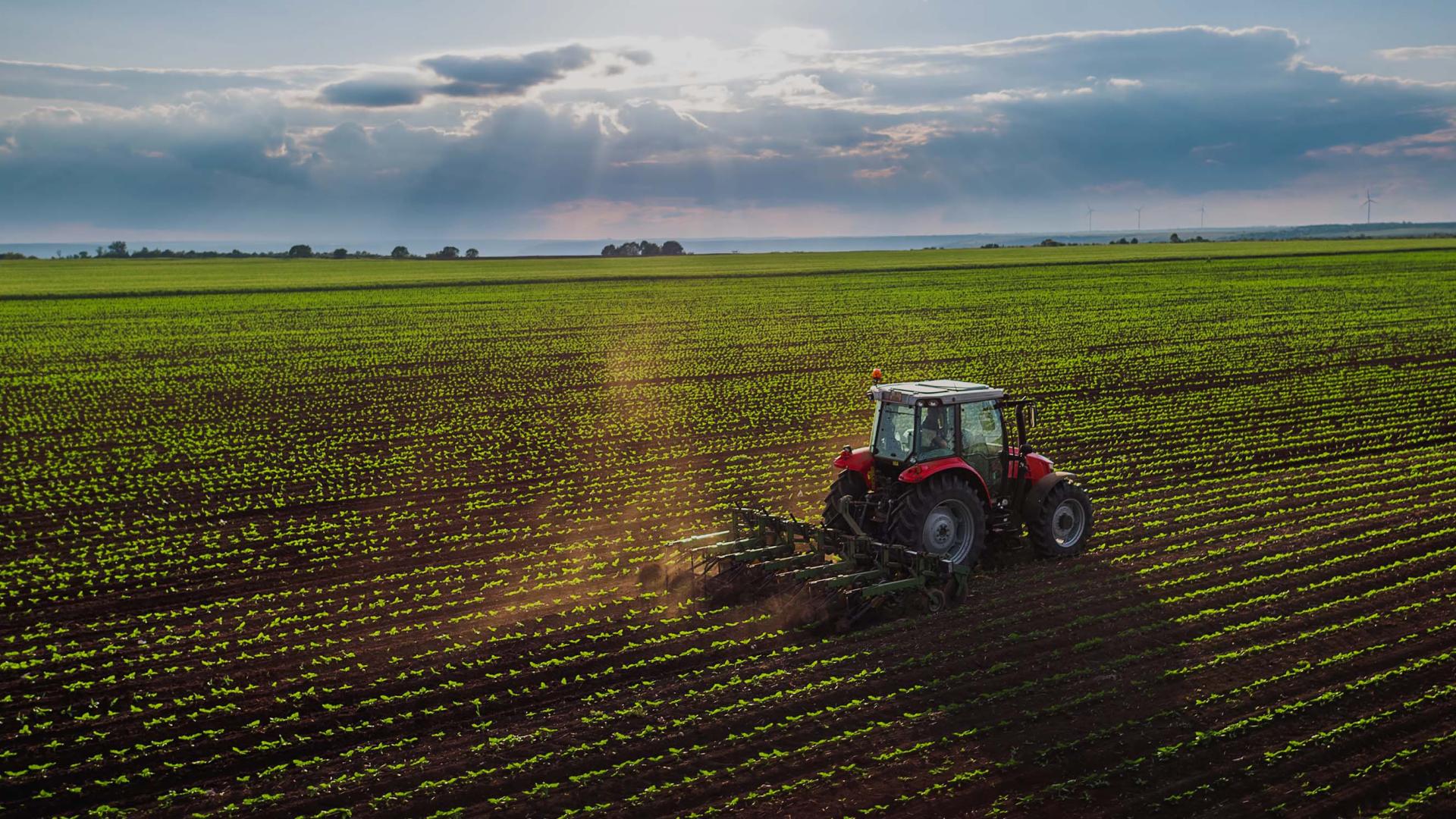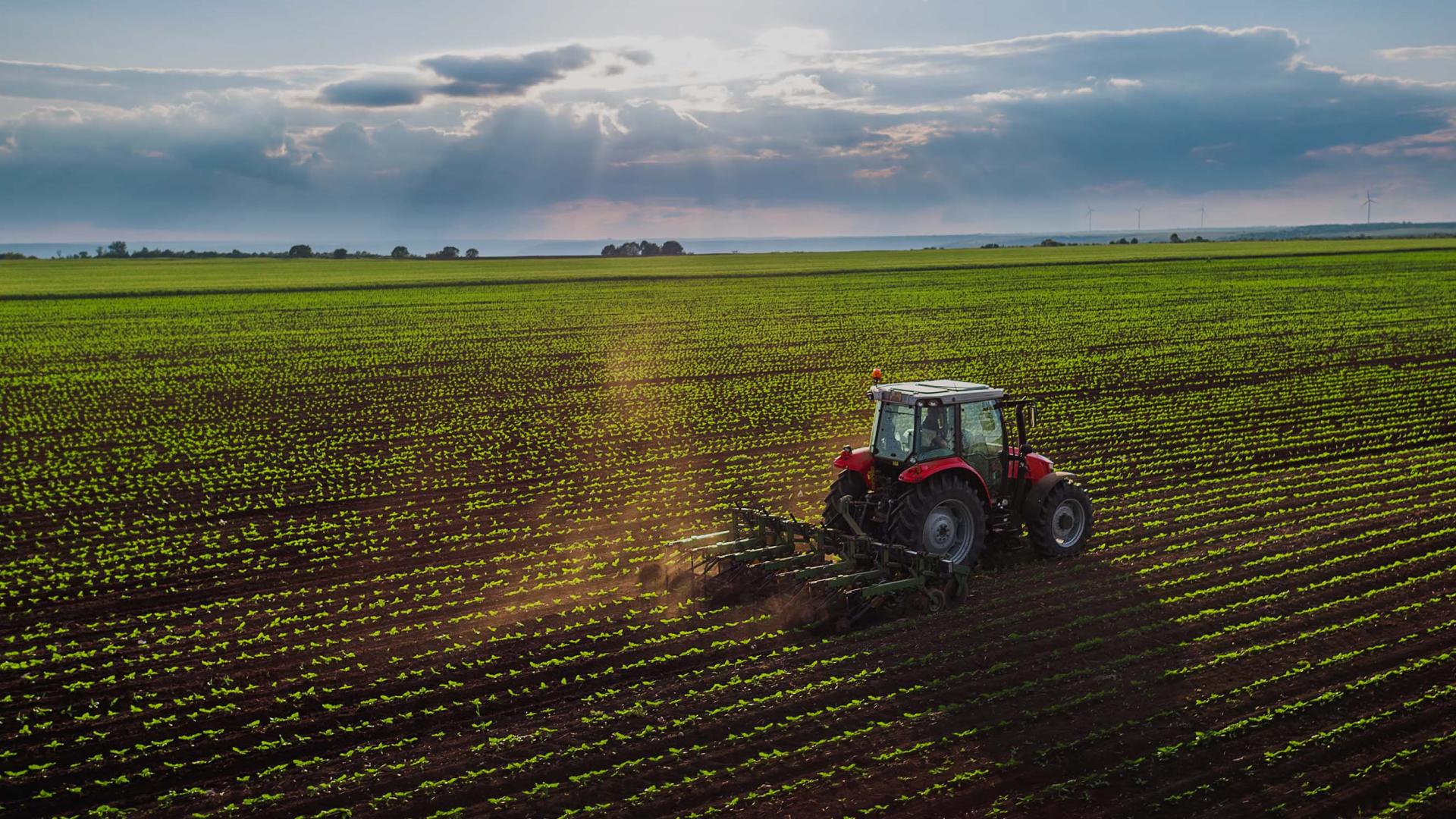Farm shops represent a unique blend of agricultural production and retail commerce, creating distinctive insurance needs that standard bus…
Farm Cyber Insurance: Protecting Agricultural Operations from Digital Threats
The agricultural industry has undergone a digital transformation in recent years, with modern farms increasingly relying on technology to optimize operations, manage livestock, monitor crops, and handle financial transactions. While this technological advancement has brought numerous benefits, it has also exposed farms to new cyber risks that traditional farm insurance policies don't adequately cover. Farm cyber insurance has become an essential protection for agricultural businesses operating in today's connected world.
Understanding Cyber Risks in Modern Agriculture
Today's farms are far more technologically sophisticated than many people realize. From GPS-guided tractors and automated milking systems to crop monitoring drones and livestock tracking devices, farms generate and store vast amounts of sensitive data. This digital infrastructure creates multiple entry points for cybercriminals.
Agricultural businesses face unique cyber threats including ransomware attacks on critical farming systems, data breaches involving customer and supplier information, and disruption of automated feeding or irrigation systems. The seasonal nature of farming means that cyber attacks during critical periods like planting or harvesting can have devastating financial consequences.
What Farm Cyber Insurance Covers
Farm cyber insurance provides comprehensive protection against digital threats that could disrupt agricultural operations or compromise sensitive data. Coverage typically includes data breach response services, helping farms manage the immediate aftermath of a cyber incident, including customer notification, credit monitoring services, and regulatory compliance support.
Business interruption coverage compensates for lost income when cyber attacks disrupt farming operations, particularly important during time-sensitive agricultural activities. Cyber liability protection covers legal costs and damages if the farm is held responsible for a data breach affecting customers, suppliers, or partners.
System restoration coverage helps pay for the costs of rebuilding computer systems, recovering lost data, and restoring normal operations after a cyber attack. This is particularly valuable for farms with sophisticated automated systems that are expensive to rebuild.
Specific Agricultural Cyber Risks
Modern farms face several sector-specific cyber risks that make specialized coverage essential. Precision agriculture systems that control irrigation, fertilization, and pest management can be targeted by cybercriminals, potentially causing crop damage or failure.
Livestock management systems containing valuable breeding records, health data, and automated feeding schedules are attractive targets for cyber attacks. Disruption of these systems can affect animal welfare and productivity.
Farm management software containing financial records, crop yield data, and customer information represents a significant data breach risk. Agricultural cooperatives and direct-to-consumer operations are particularly vulnerable due to the customer data they handle.
Supply chain systems connecting farms to processors, distributors, and retailers can be compromised, affecting the farm's ability to sell products and maintain business relationships.
The Cost of Cyber Attacks on Farms
Cyber attacks on agricultural operations can be particularly costly due to the time-sensitive nature of farming activities. A ransomware attack during planting season could delay critical activities, affecting the entire year's crop yield. Similarly, disruption of automated milking systems could impact animal health and milk production.
The financial impact extends beyond immediate operational disruption. Farms may face regulatory fines for data breaches, legal costs from affected parties, and long-term reputation damage that affects customer relationships and market access.
Recovery costs can be substantial, particularly for farms with integrated technology systems. Rebuilding compromised networks, replacing damaged equipment, and implementing enhanced security measures requires significant investment.
Why Traditional Farm Insurance Isn't Enough
Standard farm insurance policies typically focus on physical risks like fire, theft, weather damage, and liability for bodily injury or property damage. These policies generally exclude or provide very limited coverage for cyber-related losses.
Traditional business interruption coverage usually requires physical damage to trigger coverage, which doesn't apply to cyber attacks that disrupt operations without causing physical harm. Similarly, general liability coverage typically excludes cyber-related claims and data breach costs.
The unique nature of cyber risks, including the potential for widespread data exposure and system disruption, requires specialized coverage designed specifically for digital threats.
Choosing the Right Farm Cyber Insurance
When selecting farm cyber insurance, agricultural businesses should consider coverage limits that reflect the potential financial impact of a cyber attack on their specific operations. Farms with direct-to-consumer sales, online marketing, or sophisticated automated systems may need higher coverage limits.
The policy should include coverage for both first-party costs (direct losses to the farm) and third-party liability (claims from affected customers or partners). Business interruption coverage should account for the seasonal nature of agricultural income and the potential for attacks during critical farming periods.
Response services are crucial, including access to cybersecurity experts, legal counsel, and public relations support to manage the aftermath of a cyber incident. Some policies include proactive services like security assessments and employee training.
Risk Management and Prevention
While cyber insurance provides essential financial protection, farms should also implement cybersecurity best practices to reduce their risk exposure. This includes regular software updates, strong password policies, employee training on phishing and social engineering attacks, and regular data backups stored securely offline.
Network segmentation can help limit the impact of cyber attacks by isolating critical farming systems from general business networks. Regular security assessments can identify vulnerabilities before they're exploited by cybercriminals.
Working with cybersecurity professionals who understand agricultural operations can help farms develop tailored security strategies that protect their unique technology infrastructure without disrupting essential farming activities.
The Claims Process
When a cyber incident occurs, farms should immediately contact their insurance provider and follow the policy's notification requirements. Many cyber insurance policies include 24/7 claim reporting hotlines and immediate access to incident response specialists.
The insurer will typically coordinate with cybersecurity experts to contain the incident, assess the damage, and begin recovery efforts. Documentation of all costs and impacts is crucial for claim settlement, including lost income, response costs, and system restoration expenses.
Future Considerations
As agricultural technology continues to evolve, cyber risks will likely increase in both frequency and sophistication. Emerging technologies like artificial intelligence, machine learning, and expanded IoT networks will create new vulnerabilities that farms must address.
Climate change and extreme weather events may increase reliance on technology-based solutions, making cyber insurance even more critical for agricultural resilience. Farms that invest in cyber protection now will be better positioned to adapt to future technological developments safely.
Conclusion
Farm cyber insurance has become an essential component of comprehensive risk management for modern agricultural operations. As farms increasingly rely on digital technology to remain competitive and efficient, the potential for cyber attacks and their devastating consequences continues to grow.
The unique risks faced by agricultural businesses, combined with the limitations of traditional farm insurance policies, make specialized cyber coverage a necessity rather than a luxury. By investing in appropriate cyber insurance and implementing strong cybersecurity practices, farms can protect their operations, data, and financial stability in an increasingly connected world.
For agricultural businesses looking to protect their digital assets and ensure operational continuity, farm cyber insurance provides peace of mind and financial security against the growing threat of cyber attacks. The cost of coverage is minimal compared to the potential financial devastation of an uninsured cyber incident.


 0330 127 2333
0330 127 2333
